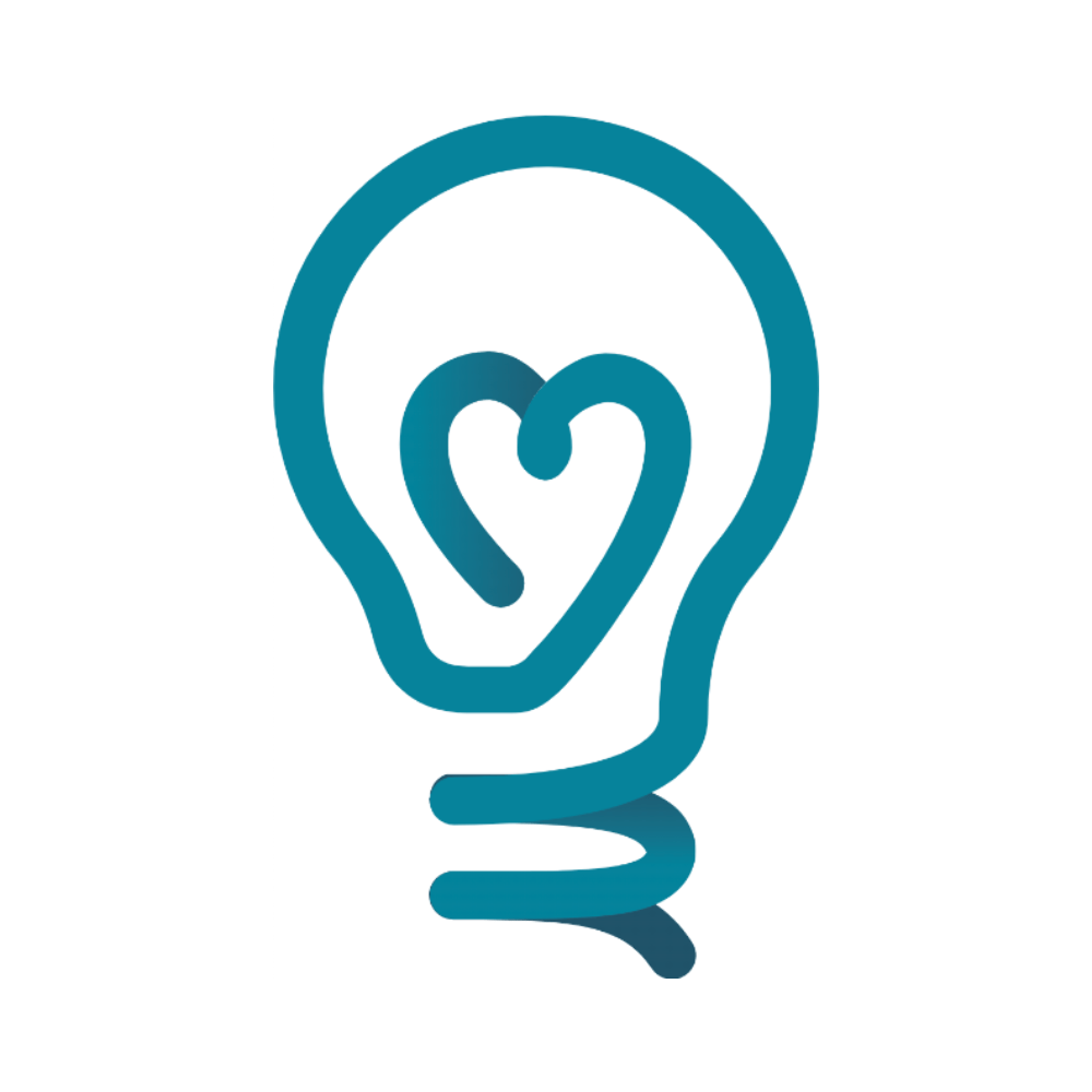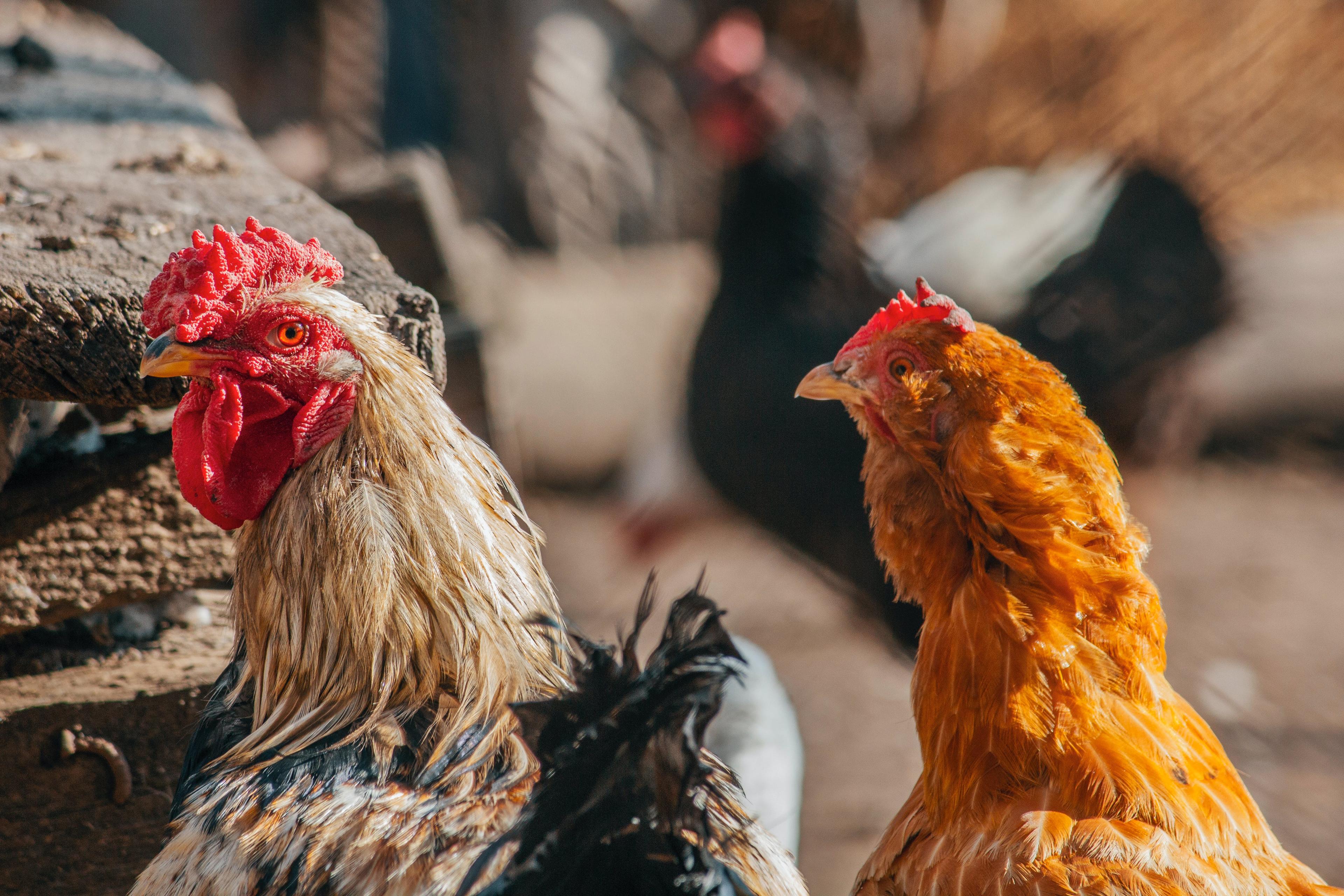
Effective Altruism Funds
Animal Welfare Fund
The Animal Welfare Fund aims to improve the wellbeing of nonhuman animals by making grants that focus on one or more best-in-class opportunities.

What problem is the Animal Welfare Fund working on?
The EA Animal Welfare Fund's mission is to alleviate the suffering of non-human animals globally through effective grantmaking. Their grants portfolio prioritizes interventions that can collectively have the highest impact and help the greatest number of animals.By contributing to the Animal Welfare Fund (AWF), you'll support grants focused on:
- Reducing suffering and improving the lives of animals in factory farms
- Bringing factory farming to an end
- Positively affecting other groups of animals on a large scale (such as insects and wild animals, for example)
- Supporting these goals by researching and piloting novel approaches and interventions
What projects does the Animal Welfare Fund support?
The Fund focuses on projects that primarily address farmed animals, as well as projects that could affect other large populations of nonhuman animals.
Some examples of projects that the Fund could support:
- Supporting farmed animal advocacy in Asia
- Advocating against the use of cruel practices within the industrial agriculture system, such as battery cages for egg-laying hens
- Policy advocacy to increase government research and development (R&D) budget that goes to alternative protein
- Researching ways to improve the welfare of invertebrates
- Policy advocacy to increase government R&D budget that goes to alternative protein
- Movement building in neglected countries and regions with large-scale animal farming
- Growing the field of welfare biology in order to improve our understanding of different ways to address wild animal suffering
The Animal Welfare fund has shared the following about their work:
The AWF has recommended over 20 million dollars' worth of grants to a range of high-impact initiatives, including:
Supporting emerging animal welfare groups that grew to become standout charities across a range of countries
The AWF has often identified promising organizations in their early stages in a range of countries and supported them with seed and early-stage funding. Some of them grew into very impactful and recommended organizations. For example, AWF was an early supporter of Çiftlik Hayvanlarını Koruma Derneği / Kafessiz Türkiye, which works on cage-free and fish welfare campaigns in Turkey and has become an Animal Charity Evaluators Recommended Charity. We have supported similarly impactful groups in dozens of countries including Argentina, Bangladesh, Brazil, United Kingdom, China, Turkey, Greece, Indonesia, and Nigeria.
Supporting campaigns to improve animal welfare through reforming corporate policies and producer practices
Tens of billions of animals suffer as a result of their use in food production. By tackling this issue at the level of commercial supply chains, corporate campaigns can be high-leverage opportunities and were found to be cost-effective ways to improve the lives of tens of billions of animals. The Fund has granted to a range of organizations with relatively strong track records of securing commitments from large food companies; these organizations include Compassion in World Farming USA and Sinergia Animal.
Supporting research that uncovers new priority areas for animal advocacy
In addition to funding direct work on animal welfare, the Fund also supports research that improves our understanding of how to most effectively help animals, which has often led to uncovering new promising focus areas and interventions. For example, the AWF funded Rethink Priorities for research into invertebrate welfare that not only helped uncover this high-scale problem, but also led to increased awareness about the issues, providing support for organisations working to alleviate suffering of those animals.
Supporting the most numerous and neglected species
AWF aims to maximize impact for animals. This often leads us to provide funding for projects that could cost-effectively address the plight of the most numerous – yet most neglected – species, such as fish, insects, shrimps, and wild animals. For example, the AWF was an early funder of Shrimp Welfare Project, which has since reduced the suffering of 2.6 billion animals and proven tractability of work addressing neglected species.
Supporting organizations aimed at driving policy change
Policy change can create lasting improvements for billions of animals by setting legally-binding welfare standards and potentially expanding the moral circle of compassion for animals. The AWF has supported a range of policy initiatives, such as Crustacean Compassion, which has successfully advocated for legal recognition of decapod crustaceans as sentient, or Animal Policy International, which promotes efforts to ban low-welfare imports.
How does the Animal Welfare Fund work?
The AWF is dedicated to helping impact-focused donors by identifying and supporting the opportunities they’ve determined to be most effective to improve animal welfare globally.
It achieves its mission through a comprehensive strategy that includes:
Pooled Resources: They aggregate donations to create a shared fund that significantly exceeds individual donor capacity, enabling support for both smaller- and larger-scale initiatives.
Global Outreach: They actively solicit applications from organizations and individuals worldwide, ensuring a diverse range of high-impact projects for consideration.
Rigorous Evaluation: Their team conducts thorough assessments of project proposals to identify and select the most effective interventions.
Continuous Improvement: They aim to systematically evaluate the impact of our grants and adapt our grantmaking strategies to maximize our positive influence.
Strategic Collaboration: They partner with leading animal welfare organizations, researchers, and advocates to leverage collective expertise.
Transparency and Accountability: They are committed to openness in our resource allocation processes, ensuring responsible stewardship of donor funds in advancing animal welfare.
By combining these elements, the AWF strives to support transformative change in the lives of animals globally.
For more information about how donations are allocated, see the list of past recipients and frequently asked questions on the EA Funds website.
Why do we include the Animal Welfare Fund on our list of recommended programs?
We investigated the Animal Welfare Fund as part of our 2023 evaluator investigations and determined that it is a great choice for donors wishing to maximise the impact of their “dollar” in the animal welfare space. See the full report here.
At Giving What We Can, we focus on the effectiveness of an organisation's work -- what the organisation is actually doing and whether their programs are making a big difference. Some others in the charity recommendation space focus instead on the ratio of admin costs to program spending, part of what we’ve termed the “overhead myth.” See why overhead isn’t the full story and learn more about our approach to charity evaluation.